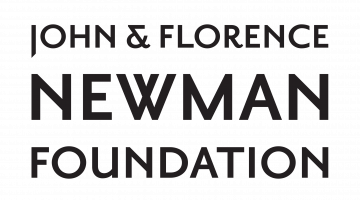Texas Justice Initiative is a nonprofit organization that collects, analyzes, publishes and provides oversight for criminal justice data throughout Texas.
After Michael Brown was shot and killed by former officer Darren Wilson in Ferguson, Missouri, in 2014, Americans suddenly realized the dismal state of data-collection on officer-involved shootings.
A scramble ensued to track how often members of the 18,000 law enforcement agencies in America shot civilians – a daunting, complex and fragmented task. Departments vary vastly in their approaches to collecting data on their interactions with the public, including their uses of force, rendering comparisons and analysis impossible. Even when departments do collect data, it’s often difficult for the public to access, parse and analyze for themselves.
But in Texas, things are different.
In 2015, lawmakers passed legislation that required agencies to report shootings to the state. Paired with a decades-old law that mandates deaths by officer-involved shootings and in any other type of law enforcement custody are reported to the state, the laws set Texas apart from most other states in requiring such reporting by police.
Amanda Woog and Eva Ruth Moravec had each worked with one of the data sets independently but decided to join forces in 2016, when they co-founded the Texas Justice Initiative to build a portal for our criminal justice data. Through the portal and other tools, TJI makes the data available to the public in a user-friendly way. TJI also analyzes the data and explains our findings, and attempts to provide oversight by helping to ensure the data sets are complete and accurate.
We believe that with quality information, we can better understand each other, craft good policy, improve governance, ensure accountability and identify creative solutions. TJI hopes to promote informed discussion on controversial topics of grave importance and impact research that leads to police, detention, and sentencing policy reform. We hope our work will also encourage replication in other states, both by bringing attention to the Texas policies and how they do or do not work, and by creating a platform that can be duplicated using data from other states.

















